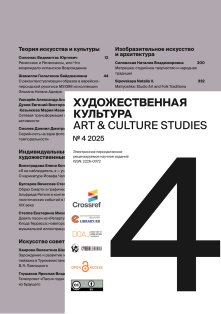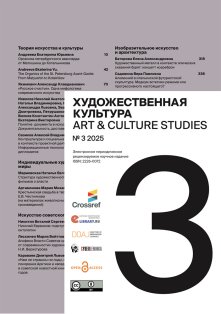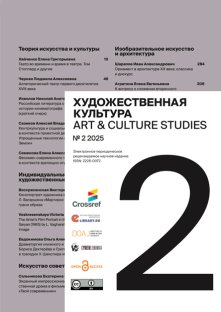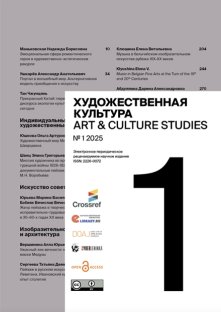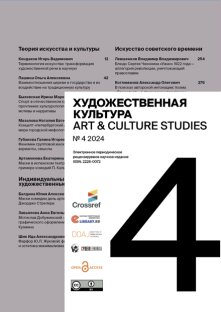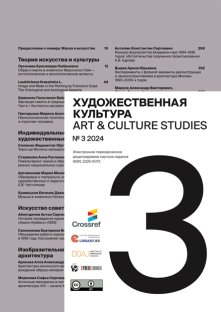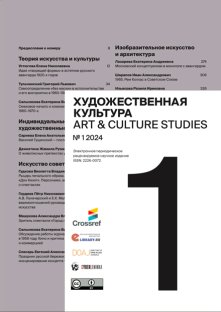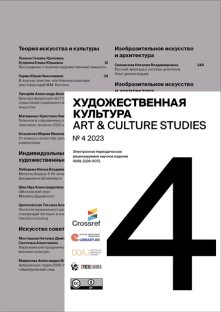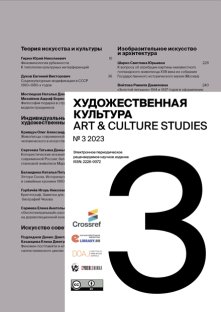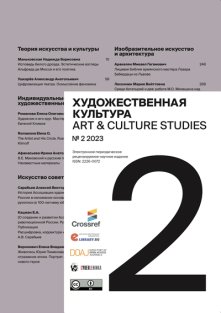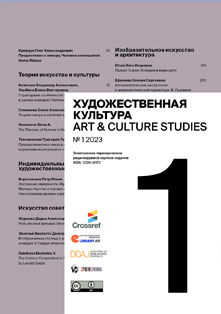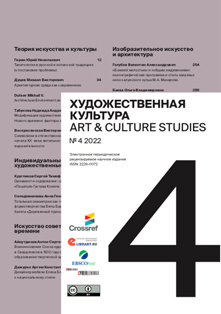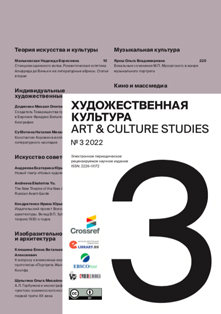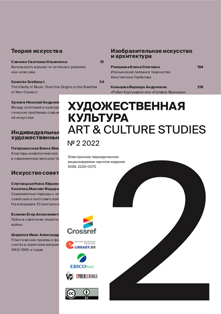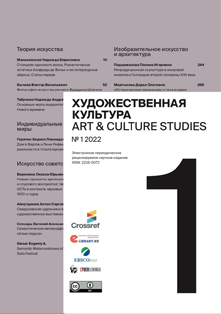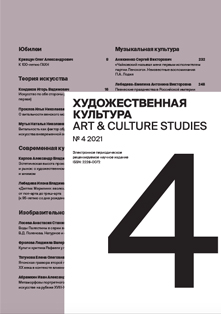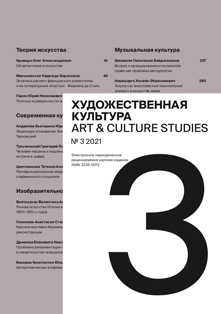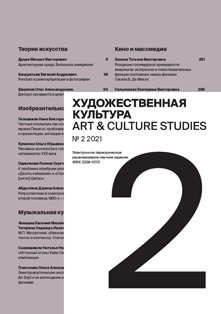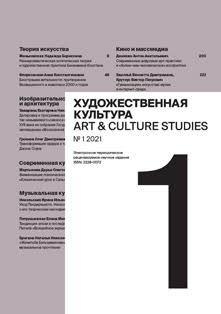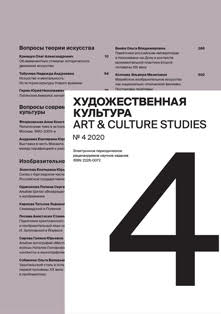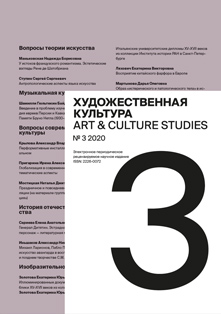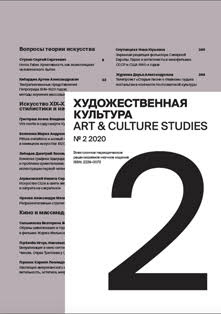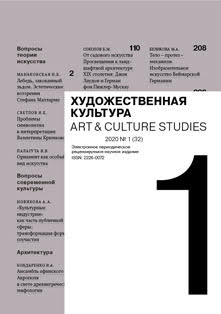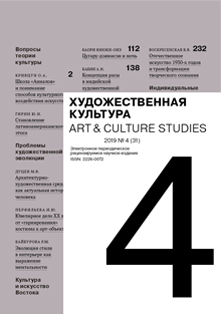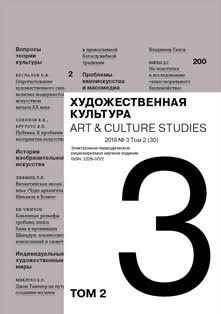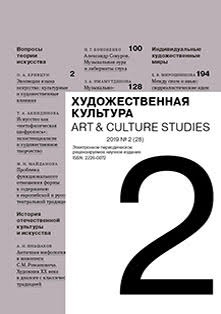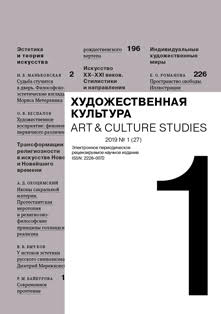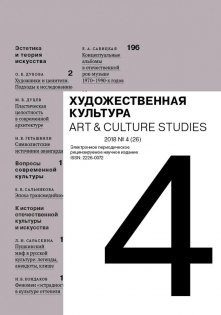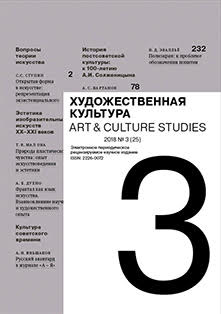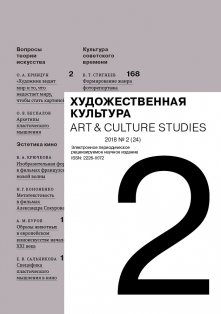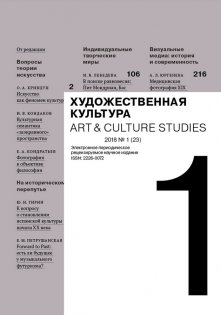Peer Reviewing Process
Order of Examination of Manuscripts / The Rights of the Editorial Board / Responsibility of the Reviewers / Plagiarism, Academic Forgery, Retraction of the Articles
Order of Examination of Manuscripts
-
All manuscripts submitted to the journal examined for plagiarism with the help of the Antiplagiat database. Upon discovery of reuse each disputable place is carefully checked by a certified expert. If necessary, the Editorial Board contacts the author with a request to clarify the data of the report, disprove or correct it by providing their published materials.
-
Upon discovery of plagiarism, the article is rejected without the right of repeated submission. The journal also reserves the right to officially inform the employer of such an author about the fact of plagiarism that has taken place.
-
Then manuscripts submitted to the Editorial Board first checked for matching formal requirements, journal`s scientific priorities and mission.
-
Manuscripts accepted for consideration in the Art & Culture Studies journal are sent to 2 reviewers for double blind peer reviewing (which mean the reviewers and the authors both don’t have access to crossover information), which should be done within 60–90 days. If there is a need to find an expert in a new research area or if reviewers are seasonally busy (September – December), the review period may be extended.
-
Reviewers are appointed by the editor-in-chief and the deputy editor-in-chief.
-
Reviewers can be members of the Editorial and Expert Board of the Art & Culture Studies, profile specialists from various scientific institutions who are acknowledged experts in the subject area of the manuscript and have relevant publications over the past five years.
-
Reviews are done in compliance with the format elaborated by the Editorial Board of Art & Culture Studies, which include the following: relevance of the subject; originality and significance of the research results; novelty of research, the list of scientific sources; research methods; author’s concept; composition integrity; cogent presentation; writing style. Reviews is completed with a evaluation of the manuscript and a recommendation: for publication as submitted / for publication with insignificant revision / for publication with significant revision / manuscript is inappropriate for publication in the journal.
-
In case of the manuscript`s rejection a substantiated written refusal the is forwarded to the author.
-
Upon divergence of the opinions of the experts the article is passed for additional review performed by another specialists according to the principle of the double blind peer reviewing.
-
After author’s revision with the reviewer’s recommendations, the manuscript is sent to the same specialist again. In disputable cases decision on the rejection or publishing of revised articles is made by the editorial board of Art & Culture Studies.
-
The text of review is sent to the author upon his request with the anonymity of the reviewer (without mentioning reviewer`s full name, position and place of employment).
-
Original reviews are kept on file in the Art & Culture Studies journal archive for 5 years.
-
The Editorial Board guarantees that manuscript evaluation would not depended on the point of political, social, and economic situation. The Editorial Board forbids any discrimination of the author’s rights on the basis of sex, race, nationality, sexual orientation, ethnicity, religious belief, citizenship (or absence of citizenship), political views or social status.
The Rights of the Editorial Board and Editorial and Expert Council
-
The Editorial and Expert Council have the right to reject the manuscripts if reuse has been identified, originality of the text is less than 80% (also when self-citation exceeds 10% of the text), or the manuscript does not comply to the thematic, mission and Ethical standards of the journal.
-
The editor-in-chief and the Editorial and Expert Board have the right to reject the manuscripts contains the materials are contradict to the ethical principles which the Art & Culture Studies journal adheres to.
-
For double-blind peer reviewing, the Editorial Board of the Art & Culture Studies has the right to remove references that indicate the author’s identity.
-
The Editorial and Expert Council of the Art & Culture Studies has the right to reject the manuscript even if two positive reviews are received. In this case of the manuscript’s rejection a substantiated written refusal the is forwarded to the author.
-
The Editorial Board of the Art & Culture Studies will send reviews to the Ministry of Education and Science of the Russian Federation upon its request.
-
The Editorial Board of the Art & Culture Studies is entitled to implement literary and scientific editing of manuscript submitted, abridge them if necessary upon agreement with the author.
-
Order of precedence for publication is determined by the date of paper submission. Under the Editorial Board decision most relevant materials are published on a first-priority basis.
Responsibility of the Reviewer
-
Reviewing is performed on unpaid and voluntary basis. The reviewer has the right to refuse the reviewing process by notifying the Editorial Board within 5 days from the receiving of the manuscript.
-
The reviewer undertakes to keep all reviewed materials confidential.
-
The reviewer undertakes to impartially evaluate manuscripts submitted for review and base to the criteria for reviewing established by the Editorial Board of the Art & Culture Studies.
-
In the review are not allowed discussion of the author’s personality, professional and social status, nationality, race, sex, sexual orientation, religious belief, citizenship (or absence of citizenship), or political views.
-
Upon cases of conflicts of interest are suspected the reviewer notifies the Editorial Board within 10 days from the receiving of the manuscript.
-
The reviewer can be excluded from the list of reviewers on own request; if his published texts are violating academic ethics; if a fact of a biased review is identified.
-
Reviewers of the Art & Culture Studies journal have the right to publish in the journal out of turn, if they successfully pass the examination stage.
Plagiarism, Academic Forgery, Retraction of the Articles
-
Authors guarantee that manuscripts are original works with originality of the text is 80% and over submitted to the Art & Culture Studies only.
-
Authors guarantee that submitted manuscripts provide full references to the cited materials, authors and/or publications according to the copyright and that all necessary permissions have been obtained to use results, facts and other borrowed materials they do not hold rights to in their manuscripts.
-
Authors guarantee that submitted manuscripts do not contain data and materials that are not allowed to open access publication in accordance with the laws of the Russian Federation, and that publication and distribution of the article will not lead to the disclosure of confidential information (including state secret).
-
Plagiarism (reuse) is not allowed. Authors provide references to all citations, digital and factual information.
-
Upon discovery of plagiarism, which is understood as inclusion into the material presented for consideration of publication material of borrowed text without links to the source, and/or academic forgery interpreted as an indubitable representation in the texts of facts relating to a different fact/event/phenomenon, the article is rejected without the right of repeated submission, while its author is placed into the list of researchers whose materials are barred from publication in the journal.
-
In case of discovery of the presence of plagiarism / academic forgery in the text the journal immediately shall make the effort of retracting such an article, including such actions as withdrawing the text from the electronic version of the edition placed in open access on its website, and publishing in its successive issue of an official letter to databases where such a text is indexed with requests to immediately retract it from the database.
-
The journal reserves the right to officially notify the employer of the author about the fact of plagiarism or academic forgery and to turn for legal action to protect the honor and business reputation of the publication and the publisher.
